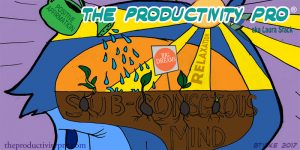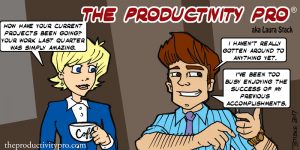
“Is it not strange that desire should so many years outlive performance?”—William Shakespeare, British playwright After years of loyalty to an employer, you may assume you’re doing good work even when no one takes the time to say it. Possibly you’ve hit a level of stability after struggling for a while, and conclude you must be doing fine, since no one has claimed otherwise. Or you may just feel complacent after achieving laurels and back-pats for doing good work in the past, to the point where you shift into automatic and count on routines to keep you on the right path. Just because no one brings it up, however, doesn’t mean you’re not under-performing. Some managers just assume you know what you’re doing and say nothing. Others may not want to say anything for fear of embarrassing … [Read more...]










